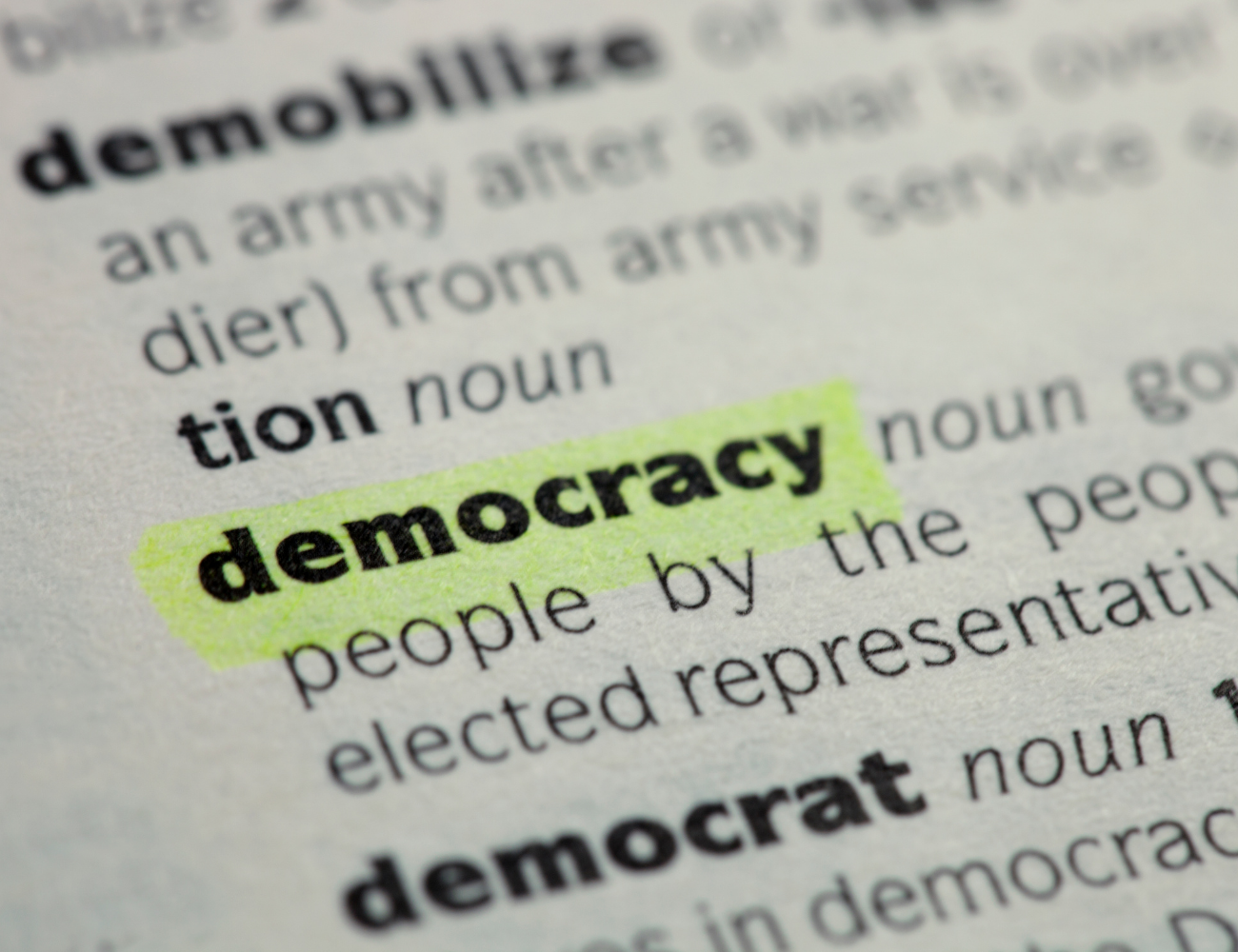Graduiertenkolleg | Representing the people in postwar democracies
Citizens, politicians, experts and the mass media in the Federal Republic of Germany and Western Europe
| Veranstaltung des Duitsland Instituut Amsterdam |
|
|---|---|
| Datum: | Freitag 3 Juni 2022 um 09:30 Uhr bis 16:30 Uhr |
| Ort: | Universiteit van Amsterdam, UB/Doelenzaal, Singel 425, Amsterdam |
| Information: | Voertaal: Engels |
| Zugang: | Gratis; voor promovendi en jonge onderzoekers |
Hoe probeerden burgers, politici, experts en de massamedia invulling te geven aan de naoorlogse democratie en politieke vertegenwoordiging? Welke communicatieve vormen en manieren van interactie gebruikten ze om hun (zelf)percepties en verwachtingen uit te drukken? Deze vragen en meer staan centraal tijdens het Graduiertenkolleg voor promovendi en jonge onderzoekers, op 3 juni 2022 in Amsterdam.
How did citizens, politicians, experts and the mass media try to make sense of postwar democracy and political representation? Which communicative practices and modes of interaction did they use to express their (self-)perceptions and expectations? These questions and more are at the heart of our workshop.
Researchers will discuss their work on the political history of the Federal Republic of Germany and Western Europe, which invites comparative reflection. On top of that, the workshop aims to contribute to both the integration of vernacular understandings of de-mocracy in postwar political history, and to recent research on the scientization and mediatization of the political.
The four panels discuss a range of topics, including the articulation and imagination of popular expectations of democracy on the platform of the mass media (radio, television and the tabloid press), (normative) conceptions of professional politics and dialogue, urban perspectives on the construction of political identity and political legitimacy and expert notions of democracy and political representation.
In cooperation with Radboud Universiteit Nijmegen & Amsterdam School of Historical Studies; supported by Gerda Henkel Stiftung.

